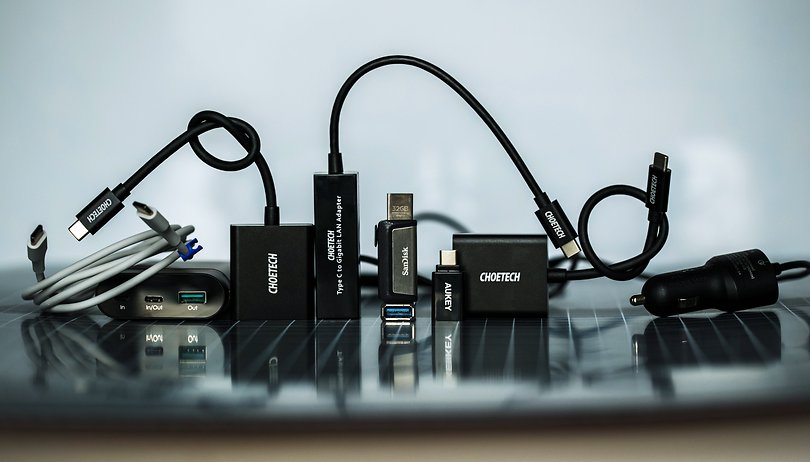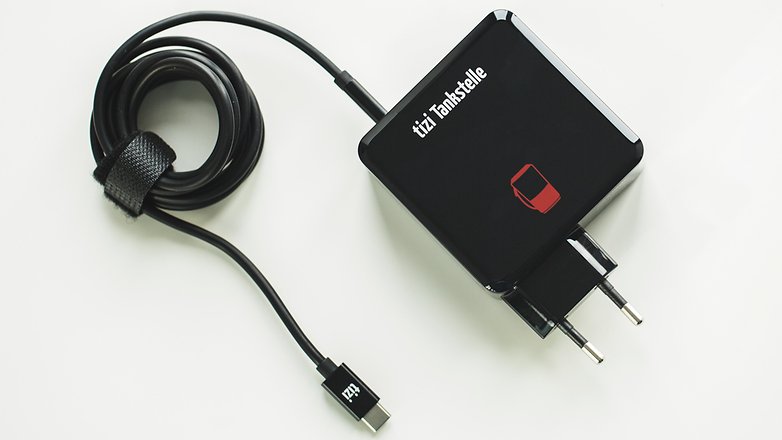USB Type-C authentication: Copy protection comes for charging cables


Imagine connecting your new charger to your smartphone and nothing happens. The USB Implementers Forum could make this fear come true with the Type-C Authentication Program. Although existing market regulations could stop some USB Type-C cables from being locked completely, some issues such as restricted fast-charging capability could still become common.
From the very beginning, the compatibility of USB type-C accessories has been unmanageable. Sometimes the cable only charges with a few amps, sometimes it burns the connection, sometimes it transports no data and only rarely does the headset from the third-party manufacturer work. Once the new connection raised hopes of replacing all other cables and plugs, but the latest development casts this into serious doubt.
USB Type-C Authentication Program: The DRM of the charging cables
Digital Rights Management (DRM) is used as copy protection for media content: Movies or songs can only be played in conjunction with a license. When copying the files, this license is not transferred; the copy cannot be used without the corresponding license. A comparable system is now to be used for USB accessories.
The so-called USB Type-C Authentication Program was already specified in 2016, but is only as from now to be used with immediate effect. Devices can then use the USB port to decide whether to let power or data flow through the connected accessories. The fear in the Reddit discussion is that Samsung chargers will no longer charge LG smartphones or vice versa.

However, such a situation would already be against the law in certain markets. For example, EU law requires smartphone chargers to be interchangeable. Samsung chargers will only charge Samsung smartphones quickly and all other smartphones at the minimum speed of ten watts required for USB-IF approval.
Authentication includes the following key points:
- A standardized protocol for authenticating certified USB type C chargers, accessories, cables and power supplies
- Authentication equally via USB data bus or USB power delivery communication channel
- Products that use the authentication protocol set the required security policy themselves
- 128-bit security for encryption methods
- The specification refers to existing, internationally recognized cryptographic methods for the format of the certificate, digital signatures, hash value and random number generation.
So there are still unanswered questions: Who will certify whose accessories and under what conditions will such certificates be traded? And how will customers be able to keep track of whose accessories will be compatible with which device and to what extent?
Granted, even the previous lack of such a certification has not made the purchase of USB accessories easier. Until now, the customer was in the dark as to how reliably the new charger or replacement cable would work. In the future you will probably have to pay more for certified accessories, but at least you won't have to buy a pig in a poke.
What do you think of USB Type-C authentication? Good for safety? Or just another way for manufacturers to force their products?
Via: XDA-Developers


















Spending money & time on such bs instead of innovation!
I have mixed results with USB C cables. Even the Benson list isn't available everywhere/locally. With Apple's MFI certification, I get a guarantee the cable will work! I am hoping this certification will work similarly.
I'm seeing this mostly as a consumer gouge. USB needs security, but cable authentication isn't it.